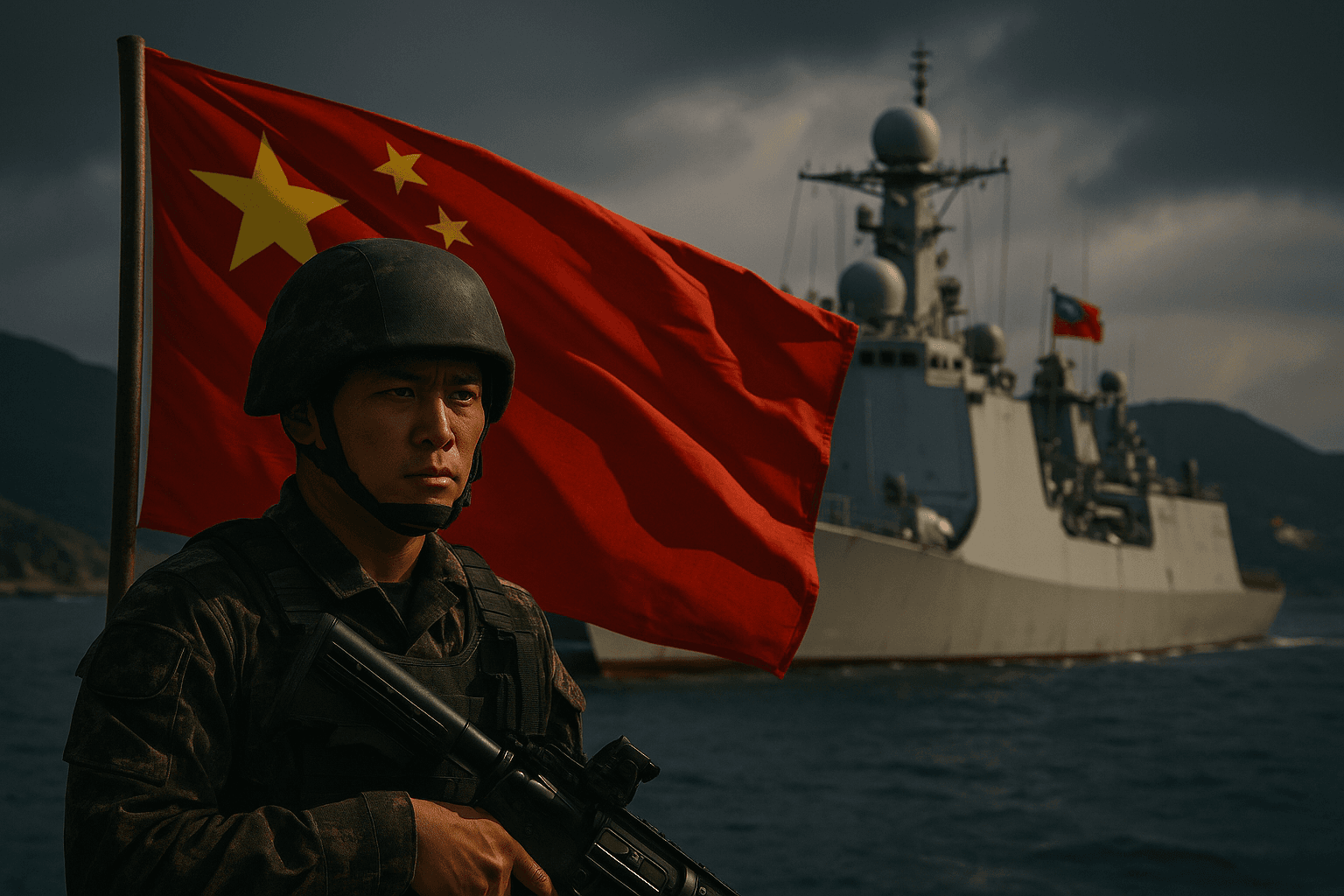China Warns It Will Crush Foreign Interference Over Taiwan
Beijing issued a stark warning after Tokyo unveiled plans to place missiles on an island near Taiwan, escalating tensions in an already fraught neighborhood. The confrontation matters because it accelerates strategic competition in the Taiwan Strait and tests the resolve of regional partners balancing deterrence and restraint.

China’s Taiwan Affairs Office warned on Wednesday it would "crush" any attempt by foreign powers to interfere in matters related to Taiwan after Japan announced plans to deploy missiles on an island near the self ruled island. The office’s spokesperson, Peng Qingen, said Beijing possessed "a firm will, strong determination and a strong ability" to defend what it described as sovereignty and territorial integrity, and called Japan’s planned deployment "extremely dangerous" and provocative.
The exchange highlights a widening security dilemma in East Asia. Taiwan rejects Beijing’s sovereignty claims and has been boosting defense spending amid an intensification of Chinese air and naval activity near the island. Tokyo, citing mounting regional threats, has moved to strengthen deterrence and to align more closely with partners in the Indo Pacific. For governments and investors around the world, the developments threaten to complicate supply chains and raise the risk of miscalculation between nuclear armed powers and their allies.
Analysts say the immediate flashpoint is the message the missile deployment sends. For Japan it is an effort to shore up defenses and reassure domestic and regional audiences that Tokyo can contribute to regional security. For Beijing, the prospect of Japanese missiles placed closer to Taiwan is framed as a crossing of strategic red lines, and is likely to prompt heightened military posture and sharper rhetoric from state media and official channels.
The legal and diplomatic parameters of the confrontation are complex. Taiwan’s international status remains disputed, and Beijing’s repeated insistence on sovereignty claims sits uneasily alongside norms governing the use of force and the right of states to self defense. Tokyo’s moves also reflect a post World War II shift in Japanese security policy as leaders seek new capabilities to deter threats in a neighborhood where power projection has become routine.

Regional capitals now face delicate calculations. Washington, which has long been the security guarantor for Japan and a major provider of arms to Taiwan, is likely to be drawn into any escalation even if it does not issue immediate public statements. Other actors including Southeast Asian states and European partners will watch for signs that routine military activity could harden into confrontation, with consequences for freedom of navigation in the South China Sea and the wider Indo Pacific trading network.
Diplomacy could still reduce the danger of unintended conflict, but that will require clear channels for communication, calibrated defensive postures and a degree of mutual restraint that has been difficult to maintain amid domestic political pressures. Tokyo’s decision to proceed with missile deployments near Taiwan will test alliances and challenge conventional notions of regional security architecture in an era of renewed great power rivalry.
For Taipei, the episode underscores why it has accelerated investments in asymmetric defenses and sought international support. For Beijing and Tokyo, the incident crystallizes a contest over influence and security in waters that are vital to global commerce and regional stability. How each capital manages its next moves could determine whether tensions cool or spiral into a broader crisis.

